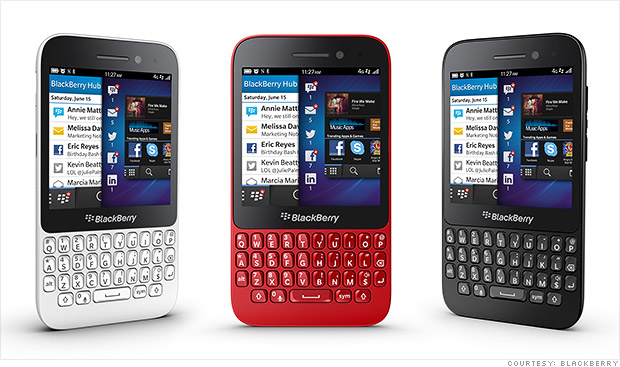 |
| Samsung 5G |
While many mobile phone users are still making calls, sending texts, and surfing the web over a 3G network and have yet to upgrade to a 4G handset, South Korean mobile phone maker Samsung says it has successfully developed the world's first adaptive array transceiver technology operating in the millimeter-wave Ka bands for communications -- a.k.a. the basis for so-called 5G.
That doesn't mean 3G users should expect to skip 4G altogether. By most estimates 5G won't arrive until at least 2020 at the earliest. "That is the real important point here," says Jeffrey S. Silva, senior policy director for telecommunications, media, and technology at Medley Global Advisors. "There is a whole kind of technological ecosystem that goes into 5G. There are standards that need to be worked out, which is very procedural. This can be very political and even controversial as there is a lot of money at stake."
Given that fact, it isn't surprising that Samsung announced it was working on 5G technologies, especially as the company has widely been seen as more of a follower than leader in backbone technology, even as it has moved to the forefront of mobile handset development. "The leaders have been Qualcomm (QCOM), Nokia (NOK), Ericsson, and even Motorola and LG," says Daniel Gleeson, mobile analyst for IHS Screen Digest. "Samsung has been increasing its presence on the network side of the business in recent years as it wants to move from being a minor player in the technology." He adds that 5G could become a revenue stream in the long run.
If Samsung plays a key role in developing the 5G technology it would also ensure that it could bring up its role in any future patent court cases as well, and in this way future-proof itself against such complaints.
The technology behind 5G also promises greater speed that could be up to several hundred times faster than the current 4G Long Term Evolution (LTE), and would be the next generation of these existing networks. It would also require a broadband of frequencies, which Samsung noted is much like increased water flow requiring a wider pipe. As a solution, Samsung has looked to implement the transmission of data in the millimeter-wave band at a frequency of 28GHz at a speed of up to 1.056 Gbps to a distance of up to two kilometers. "Samsung has used a much higher spectrum band," Gleeson says. "The higher you go the less likely that the signal can penetrate walls and buildings. Samsung is using 28GHz, whereas today's Wi-Fi uses 2.4GHz, and we know how short the range of Wi-Fi is, but Samsung was able to deliver a signal over two kilometers, so that is the start of something."
Range won't be the only issue that could be a stalling point for 5G. The other? Spectrum limitations, already a significant problem in the United States. "What happens if 5G is compromised because of slowdowns due to network capacity?" asks Silva. "There is still the question as whether the United States can make available more spectrum to accommodate the data usage. There is also the issue of how carriers today have data caps, and if streaming a movie in a few minutes is an option, consumers could reach those data caps rather quickly."
Those are just a few problems that will need to be addressed as 5G becomes a reality. The bigger issue is that there is still no set standard and won't likely be one for some time. "There are constant efforts to make broadband faster whether it is through the wirelines or wireless," says Silva. "But you can't just snap your fingers and make it happen. We also don't know what is on the drawing boards of other companies. Until the standards are agreed upon. there is still a lot to flesh out, with a lot of moving parts that will play out in time."
On the one hand this makes a possible deadline of 2020 seem unlikely, but GSM came out in the 1990s, following by 3G in 2003, with 4G arriving in 2009. In some ways there is already a race in progress to develop the technology, as China has established a government-led "IMT-2020 (5G) Promotion Group" specifically for 5G research, while the European Commission has also announced plans to invest 50 million euros in 2013 to bring 5G to market by 2020. Given this timetable, as well as the international interest in the technology, it is quite likely that 5G could arrive in the next decade, but issues do remain.
"The problem for many countries is that on the macro level there are still difficulties in rolling out 4G," adds Gleeson. "A commercial launch of 5G thus might not come for years; it is just speculation at the moment. For one we don't know how the economy will fare or how the technology will actually develop over the next 10 years. There are just too many unanswered questions."





